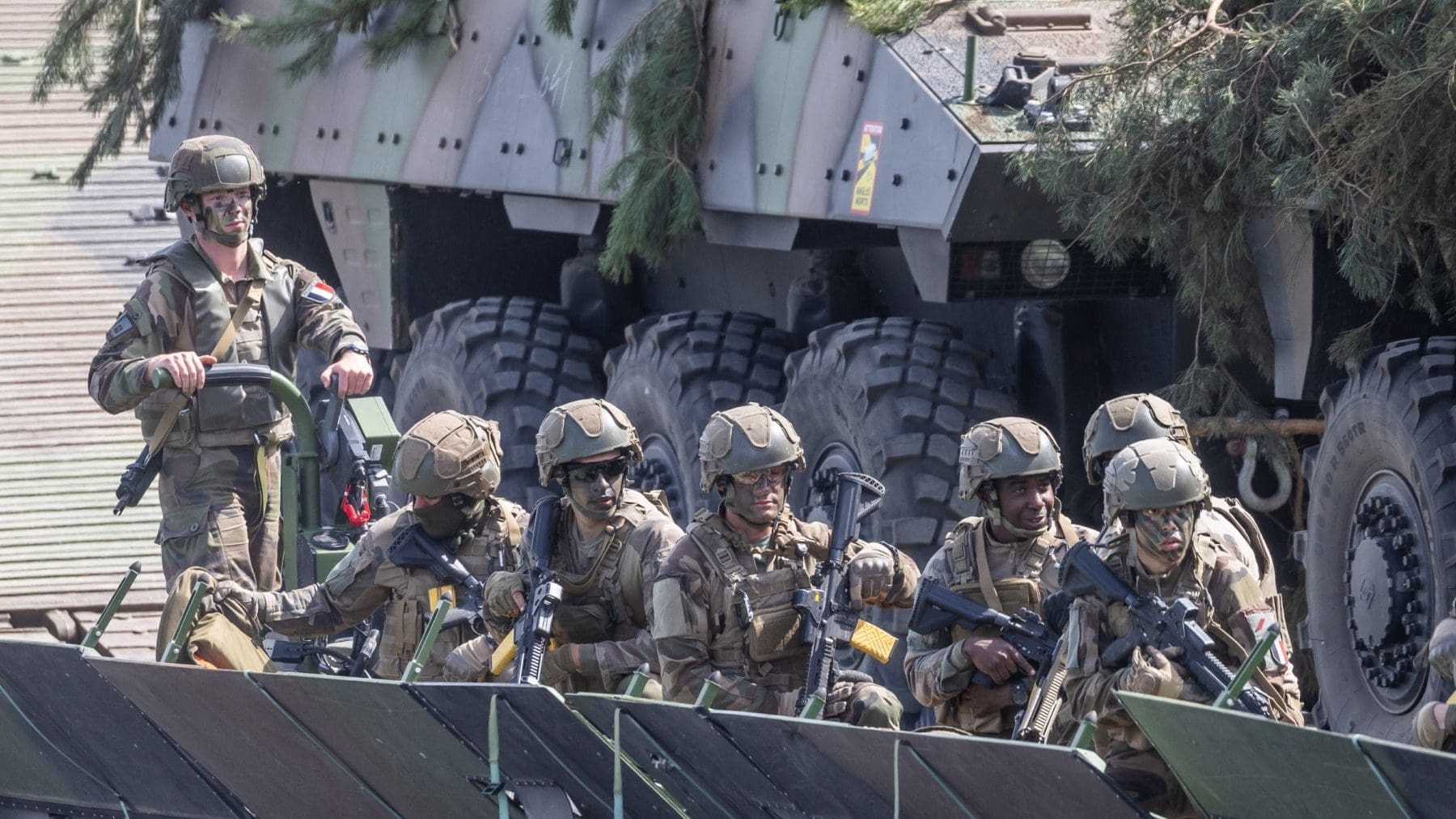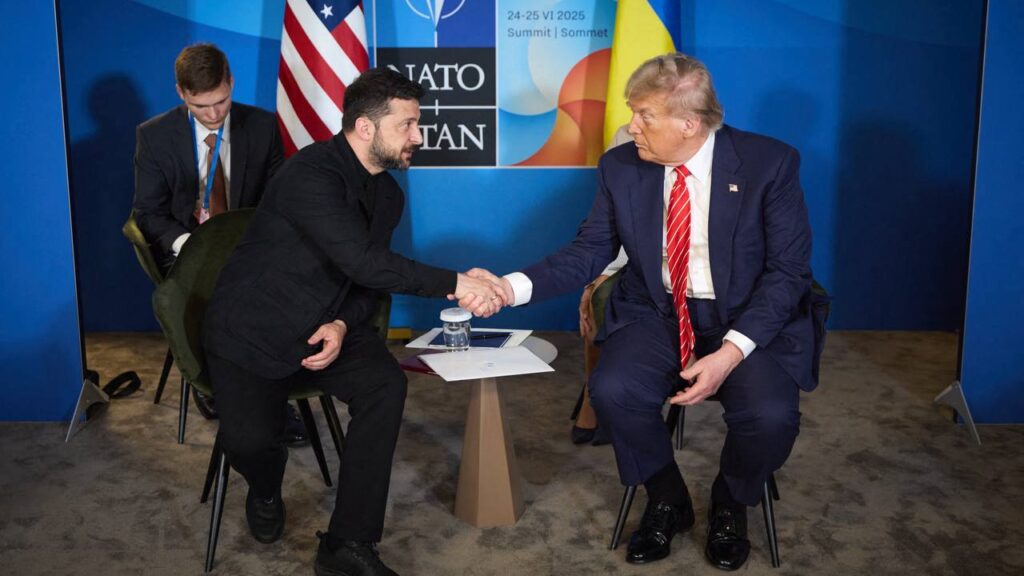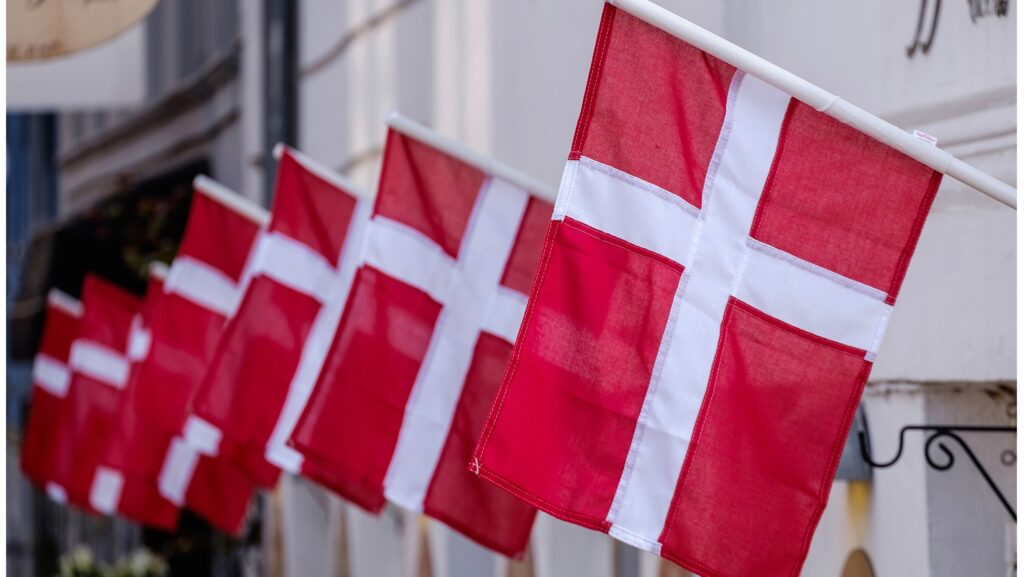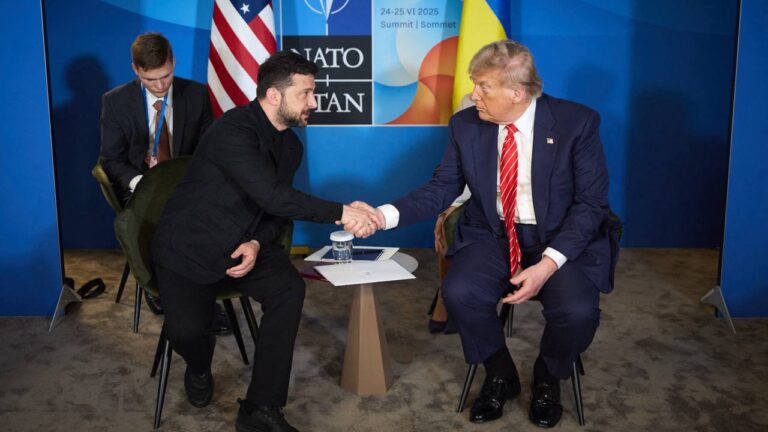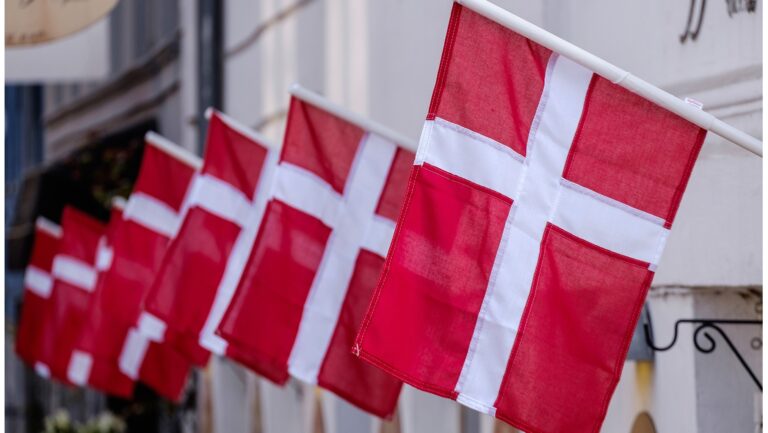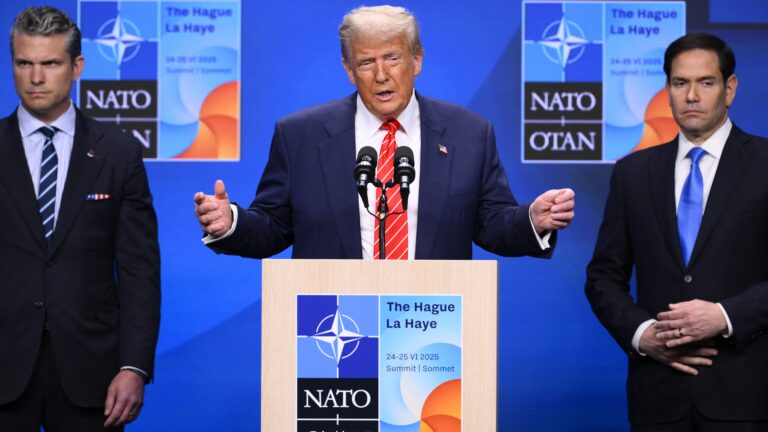On 12 September, the European Parliament decided to set up a €300 million fund to support the common arms procurement of Member States. The European Defence Industry Reinforcement through Common Procurement Act (EDIRPA) is the first initiative in which the Commission would assist Member States in arms procurement, indicating that the EU is ready to deepen its common defence policy in response to the Russian invasion of Ukraine. The move is more than welcomed by Hungary, a long-time supporter of common defence initiatives.
About EDIRPA
The idea of EDIRPA was proposed shortly after the Russian invasion of Ukraine to help Member States replenish their depleted military stocks with European defence industry products in the short term. The €300 million grant, which will run until 31 December 2025, was preceded by a series of debates before the Council of the European Union and the European Parliament reached an agreement on 27 June on the act and its actual framework. It was subsequently adopted by Parliament in the autumn session on 12 September. EDIRPA is the first European Commission proposal to help restock depleted arms stocks after Member States donated their arms and ammunition to Ukraine.
During the heavy fights to fend off the Russian offence, the Ukrainian army used up thousands of heavy weapons and fired millions of rounds of artillery shells, while
the military-industrial capacity of the Western nations supporting Ukraine has been overstretched by the depletion of munitions.
Last year, it was estimated that by the summer of 2022, Ukraine was firing 6–7,000 155mm artillery rounds per day in the Donbas region. Meanwhile, the US was capable of producing 15,000 155mm rounds a month. EU Member States have spent billions of dollars at the national level on military aid to Ukraine over the past 18 months. According to the Kiel Institute Germany, Poland and the Netherlands are leading the way in terms of overall military aid to Ukraine; while in proportion to their GDP, the Baltic states are in the lead.
Given the depleted stockpiles due to the large-scale support to Ukraine, it is no surprise that the vote on
EDIRPA gathered an overwhelming majority with 530 votes in favour, 66 votes against and 32 abstentions in the EP.
Major political parties and MEPs expressed their support and said the decision was a significant step towards more comprehensive defence industrial assistance and a strengthening of the common defence policy.
’It’s a watershed moment for European Defence because it’s the first time we are using EU funds provided to the Member States in order to buy defence instruments’ highlighted German MEP Michael Gahler from EPP, in his opening statement on the plenary session of the EP.
’To this day, 80 per cent of defence equipment is procured at purely national level. Not only do we need to invest more in defence, but we definitely need to invest better—and better means, of course, more European’ argued David McAllister, EPP, Germany.
As previously reported, the initiative was also supported by leading Hungarian MEPs. According to the Hungarian governing party Fidesz MEPs’ statement: ‘The new facility is key to strengthening European defence industry and capacity, weakened by failed leftist-liberal policies, and so our group supports the initiative.’
‘The European Union can only face escalating security challenges with globally competitive defence and military capabilities,’ Fidesz EP group leader Kinga Gál added.
Hungarian MEP Kinga Gál also stated that she believes that the ongoing Russo-Ukrainian war had proved that strengthening the Union’s defence industry and infrastructure was long overdue and that it is in Europe’s fundamental interest. She went on to say increasing cooperation between Member States on the matter could improve responsiveness and production capacities.
An Issue Long Overdue
In fact, the development of joint defence capabilities and a common defence policy is a long-standing issue in Europe.
The Western European Union initiative, established in 1950, fizzled out quickly, and the debate on common foreign and security policy initiatives only re-emerged in more depth after the Cold War. One of the recurring central debates on the development of common European defence capabilities has always been its relation to NATO, so that the two organizations do not duplicate capabilities unnecessarily. The 1990s and 2000s, have brought a general degradation of defence capabilities and a necessary rationalization, in parallel with only a slow build-up of defence cooperation.
After the fall of the Iron Curtain, the maintenance of mass armies, as well as holding large numbers of heavy weapons, seemed unnecessary for all European nations. At the same time, the national military-industrial capacity to support them also eroded.
Following the financial crisis of 2008, European military policy has been characterized by cuts in defence spending.
The defunded defence sector throughout Europe caused a further decline in defence capabilities, a delay in modernization and the transformation of numerous national armies into small, professional armed forces, used mostly for foreign missions.
Meanwhile, the European Union has been inching towards common defence policy integration, focusing on fostering intergovernmental cooperation under an evolving Common Foreign and Security Policy.
The European Defence Agency was created in 2004, a year later the 1,500-strong EU Battle Group initiative was born, while the EU has found more and more fields to enhance global security along with NATO, UN, and OSCE. However, the challenges of ageing capabilities and the underfunding of the defence sector within Member States have become increasingly acute, and there has been no effective response at the EU level to address the issue. The only initiative which could be named from this period is the Permanent Structured Cooperation (PESCO) initiative launched in 2017 to facilitate project-based defence cooperation between Member States.
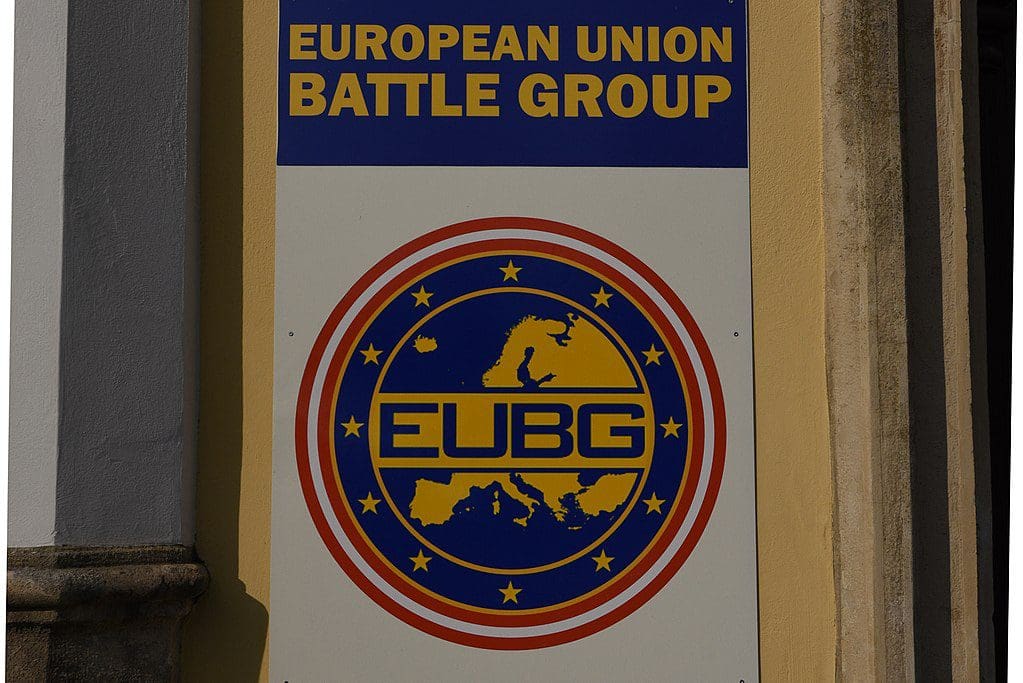
Russia's invasion of Ukraine has brought back to the continent the long-forgotten spectre of large-scale conventional warfare, which caught Europe unprepared in terms of both military and defence industrial capacity. Member States have realized that, to build up an adequate deterrent force, the continent needs a mass stockpile of ammunition and heavy weaponry, the one that has been degraded the most in recent decades.
Recent Initiatives Enhancing Defence Integration
Capacity building of national defence industries, R&D, and production are time-consuming processes, thus, due to pressing strategic pressure, European countries need to act quickly to ensure their defence capabilities are meeting their national and international obligations. The most urgent tasks for the European nation seem to be ammunition and missile production, the development of air defence capabilities, and the general modernization of outdated equipment.
It is precisely these shortcomings, which must be made up for in the short term, that the European Union is currently seeking to support at the EU level.
In addition to EDIRPA, which has just been adopted, the Act in Support of Ammunition Production (ASAP) was also passed by the European Parliament in July to boost the European defence industry's ammunition and missile production capacity by €500 million. Like EDIRPA, the ASAP initiative was supported by Hungarian MEPs as well.
Although Hungary has chosen not to be involved in arms and ammunition transfers to Ukraine, it strongly supports the strengthening of European defence facilities,
including the acceleration of ammunition production.
Hungary is also participating in joint capability building and procurement initiatives which aim to coordinate European defence procurement and promote interoperability for the benefit of the common defence of Europe. In June, Hungary joined France’s initiative to jointly purchase Mistral short-range surface-to-air missiles along with France, Estonia, Belgium and Cyprus.
Hungary has also joined the German-initiated Euro Sky Shield air defence programme, announced last October with 17 countries including the UK, the Baltic states, Sweden, and Finland taking part. The initiative involves the purchase and deployment of a German short-range system (Iris-T), a US-made medium-range system (Patriot PAC-3), and an Israeli long-range (Arrow 3) surface-to-air missile system. In addition, Hungary is in the middle of a large-scale force development programme including procurement of state-of-the-art weapons, military industry build-up, and increased defence spending with the prospect of reaching or even exceeding the two per cent GDP defence budget expected by NATO.
Related articles:

